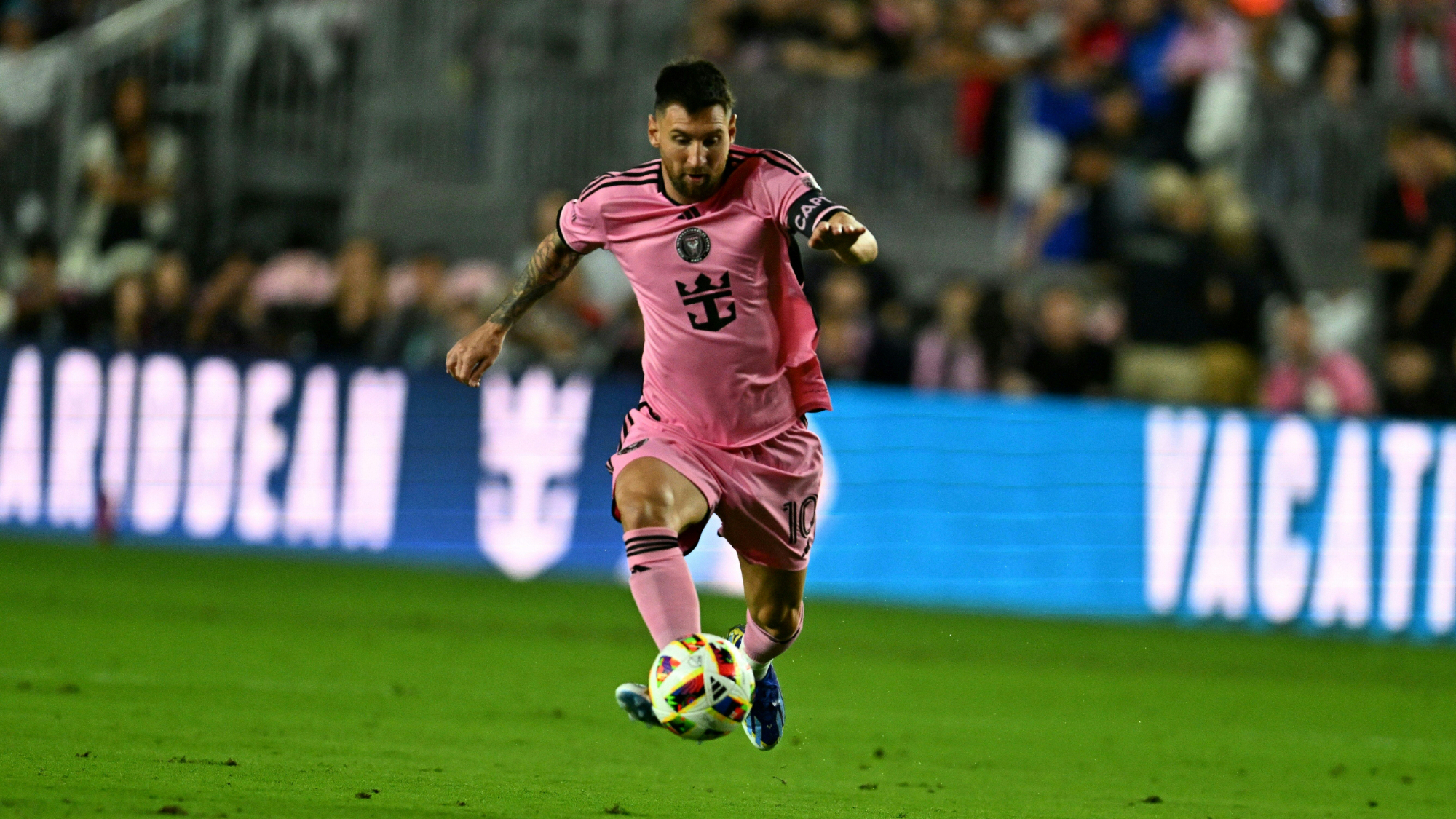
New information hints that Apple may be on the verge of a huge deal that would see the company become the global streaming partner for FIFA’s upcoming 32-team successor to the Club World Cup. The landmark deal could be worth over $1 billion according to a report from the New York Times, but if the collaboration were to go ahead would it be as successful as Apple and FIFA hopes?
As iMore’s resident football fanatic, I’m here to take a look at the deal that could propel Apple’s sporting status into the stratosphere as the company looks to grab a hold of one of the most exciting new tournaments in world football. What does this mean for Apple? And what does it mean for FIFA as the world footballing body looks to draw new eyes to the sport and cement a new iteration of the Club World Cup as a premiere event rather than its current form which often feels like an afterthought? Let’s find out.
What is this tournament anyway?

The Club World Cup started in 2000 and pits the champions of each continent's top club competition against one another. Of the 20 competitions that have taken place, 16 of the winners have come from Europe with the UEFA Champion’s League holder taking the trophy. As such, the tournament is often forgotten because it’s a small bracket that sees the European champion enter at the semi-final stage and steamroll the opposition. The last time a team outside of Europe won the Club World Cup was back in 2012 when Brazil’s Corinthians lifted the trophy.
As a European football fan, it’s safe to say that my friends and I only really pay attention to this tournament when the teams we support qualify. If they don’t it’s hardly ever a big deal and with the Club World Cup sandwiched between fixtures during the December season break, it never quite feels like it matters.
In 2023, FIFA announced a shift to the tournament that would see it reincarnated as a new 32-team knockout competition that takes place in the summer over the course of a month. The new format would bring more eyes to the tournament as the summer off-season is when football fans clamor for more of the sport. With the World Cup hosted every four years, the tournament (which doesn’t have an official name yet) will take place in the USA, with the hope of bringing more eyes to football (soccer) in North America before the huge 2026 World Cup sweeps the continent.
This 32-team tournament will prove to be a great experiment to make sure all resources are in place in time for 2026 when the world’s eyes will be on football in North America. That said, it also proves an opportunity for FIFA to reinvigorate a tournament that doesn’t have the clout its name would suggest — crowning the world champion of club football should be a massive deal, not an afterthought.
A big win for Apple

These global streaming rights would be a massive coup for Apple, giving the company’s Apple TV Plus streaming service additional sporting events to add to its MLB coverage. Apple is no stranger to streaming football games, however, with Apple TV housing MLS Season Pass, the streaming platform of Major League Soccer. This rights deal would allow Apple to cement itself as a major player in large-scale football competitions with a global audience — expanding beyond MLS and into the world’s mainstream.
Streaming services like Prime Video currently hold streaming rights for some Premier League fixtures throughout the season, but the rights aren’t worldwide and with so many fixtures throughout the year, it doesn’t hold quite as much gloss as this potential partnership could. Netflix has just announced a major $5 billion deal to become the exclusive home of WWE Raw in the US, Canada, UK, and Latin America showcasing the company’s interest in making moves in the world of live sport. This FIFA deal would be Apple’s opportunity to flex its streaming muscles, learning from the teething problems of MLB’s Friday Night Baseball and using its knowledge from MLS Season Pass to cater to a global audience.
As it stands the 32 teams that will take part in the competition, currently known as Mundial de Clubes FIFA, have not all been confirmed but considering Inter Miami’s loss in the CONCACAF Champions Cup earlier this month, Lionel Messi is not currently confirmed to take part. That said, the host cities of the upcoming 2025 Club World Cup have yet to be announced and the final 32nd spot is reserved for the host. If Apple is to wrap up this deal, you’d fully expect Inter Miami, Messi’s current club, to take that final spot in a bid to entice even more eyes to the new format.
It’s an opportunity for Apple to get credibility in the world of sports outside the US as, while most current football fans would tell you they don’t really care for the Club World Cup, a 32-team tournament over the summer will absolutely interest the masses. Having more football to watch in the months of June and July is always a positive for fans and you’d expect new customers to come to the platform just to see what the fuss is all about.
But not for football?

While Apple’s side of the deal makes absolute sense, allowing the company to take a step forward into the forefront of sports streaming, FIFA’s benefit is less clear. This global partnership would be the first of its kind for football’s governing body, never selling single rights globally in this way before. Getting Apple on board could be seen as a way to make the new format of the Club World Cup feel like a big deal, housed on a luxury streaming platform. No company does marketing as well as Apple, we saw the company’s success when Messi moved to the MLS last year, and putting a tournament you want to gain exposure behind a service like Apple TV Plus would play into FOMO and potentially add an element of interest to the tournament.
It could backfire, however, as one could argue that the way to really gain interest in this new format and not fall into the same trap as the current Club World Cup would be to house global streaming on a free website like YouTube. A free service would allow everyone to gain exposure to the first new iteration of the tournament without paying for a subscription. Apple TV Plus could kill the tournament before it even gets started preventing the idea of building up viewership before making it profitable. The problem with this approach is that YouTube lacks the exclusivity that makes the Apple deal have that je ne sais quoi, but will football fans care enough to flock in their millions to a new streaming service subscription?
Information is still up in the air, and we don’t even know the official name of the tournament. But with Apple looming and the potential announcement of this massive sports deal in the works, we could be about to see Apple flex its muscles and take its next step to become a first-team player in the sports streaming world.







